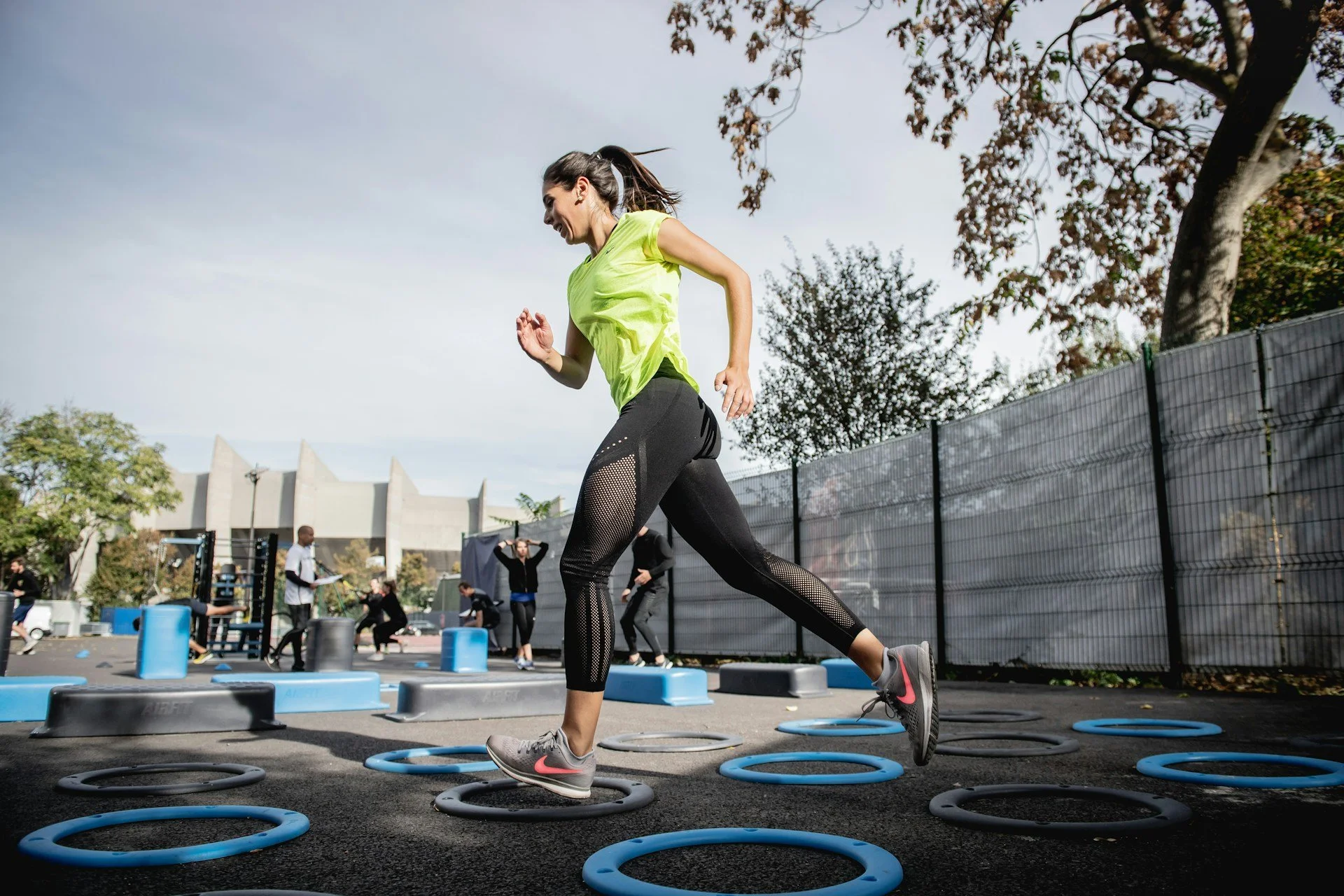EXERCISE AND TYPE 2 DIABETES.
Exercise plays a key role in managing type 2 diabetes.
Understanding Type 2 Diabetes
Type 2 diabetes (T2D) is a chronic condition that affects how your body processes blood sugar (glucose). It occurs when your body either becomes resistant to insulin — the hormone that helps move glucose into your cells — or doesn't produce enough insulin to keep blood sugar levels in a healthy range. Over time, high blood sugar can lead to serious complications such as heart disease, kidney damage, nerve pain, and vision problems.
T2D is often linked to lifestyle factors, including physical inactivity and excess weight, especially around the abdomen. While medication and diet play key roles in diabetes management, regular exercise is one of the most effective and empowering tools for improving long-term outcomes.
At JY Exercise Physiology, we understand how important movement is in managing long-term health conditions. One of the most powerful tools for people living with type 2 diabetes is regular exercise. When done safely and consistently, exercise can help improve blood sugar levels, boost energy, and support better overall health.
Why Exercise Matters for Type 2 Diabetes
Type 2 diabetes occurs when the body becomes resistant to insulin or doesn’t produce enough of it. This causes blood glucose levels to rise. Regular physical activity helps lower blood sugar levels by making your body more sensitive to insulin and helping your muscles use glucose more effectively.
Key Benefits of Exercise for Type 2 Diabetes
1. Improved Blood Sugar Control
Exercise helps your muscles absorb glucose for energy, reducing blood sugar levels during and after activity.
2. Better Weight Management
Physical activity helps burn calories, support healthy weight loss, and reduce belly fat — all important factors in managing diabetes.
3. Reduced Risk of Complications
Regular movement supports heart health, lowers blood pressure, and improves cholesterol levels, reducing the risk of diabetes-related complications.
4. Increased Energy and Mood
Exercise boosts endorphins, helping improve mood and reduce fatigue, anxiety, and depression.
5. Improved Insulin Sensitivity
Over time, exercise helps your body respond better to insulin, making it easier to manage your diabetes.
What Types of Exercise Are Best ?
A balanced exercise plan for people with type 2 diabetes includes a mix of:
Aerobic Exercise: Walking, swimming, dancing, or cycling for 20-40 minutes, 3–5 days per week to improve cardiovascular health and blood glucose control.
Resistance Training: Bodyweight exercises, resistance bands, or weightlifting 2–3 days per week to build muscle and improve insulin sensitivity.
Flexibility and Balance Work: Yoga, stretching, or tai chi can improve mobility, reduce injury risk, and enhance quality of life.
Safe and Effective Exercise Tips
Start Slow: Begin with low-impact activities like walking, swimming, or cycling. Gradually build up duration and intensity.
Be Consistent: Aim for at least 20 minutes of moderate exercise most days of the week.
Monitor Blood Sugar: Check your blood glucose before and after exercise to see how your body responds.
Stay Hydrated and Fuel Wisely: Drink water and have a small snack handy if you're prone to drops in blood sugar.
Get Professional Support: An Accredited Exercise Physiologist can tailor a program to suit your fitness level, medical history, and goals.
Overcome Barriers to Exercise
"I don't have time." Break activity into shorter sessions, even three 10-minute walks a day makes a difference.
"I’m too tired or unmotivated." Start with something simple. Even stretching or walking around the house helps build momentum.
"Exercise hurts." Joint pain or fatigue are common but manageable. Low-impact options like water aerobics or working with an Exercise Physiologist can help.
"I’m afraid of low blood sugar." With proper planning and monitoring, exercise is safe. Learn your body's responses and plan accordingly.
How an Exercise Physiologist Can Help
Working with an Accredited Exercise Physiologist ensures your program is safe, effective, and suited to your unique health needs. At JY Exercise Physiology, I offer:
Personalised assessments
Tailored exercise plans
Ongoing support and adjustments
Education around managing your diabetes through movement
I collaborate with GPs and other health professionals to deliver integrated care. Whether you’re just beginning or looking to get more active safely, we’re here to guide you every step of the way.
Take Control of Your Diabetes
JY Exercise Physiology specialises in creating personalised exercise plans for clients living with type 2 diabetes. I work with you to improve strength, fitness, and blood sugar control safely and effectively. Whether you're just starting or want to build confidence in your routine, we're here to support your journey.
Contact me today to start your journey.
Located in Upper Mount Gravatt and speak with an Accredited Exercise Physiologist now to discuss how I can facilitate your needs.
Feel free to explore our other blogs to learn more and gain additional insights.
Call +61 421 967 711

